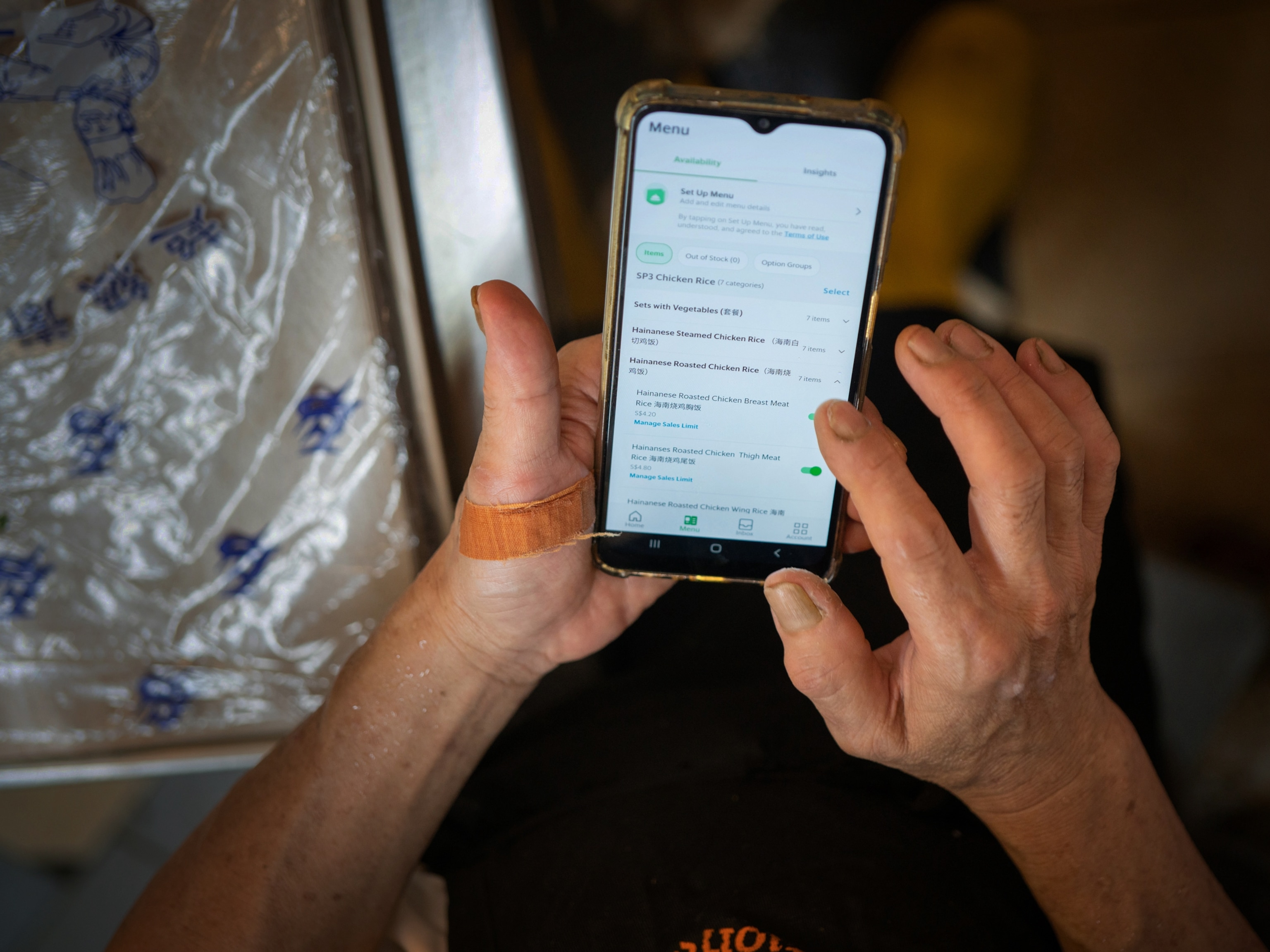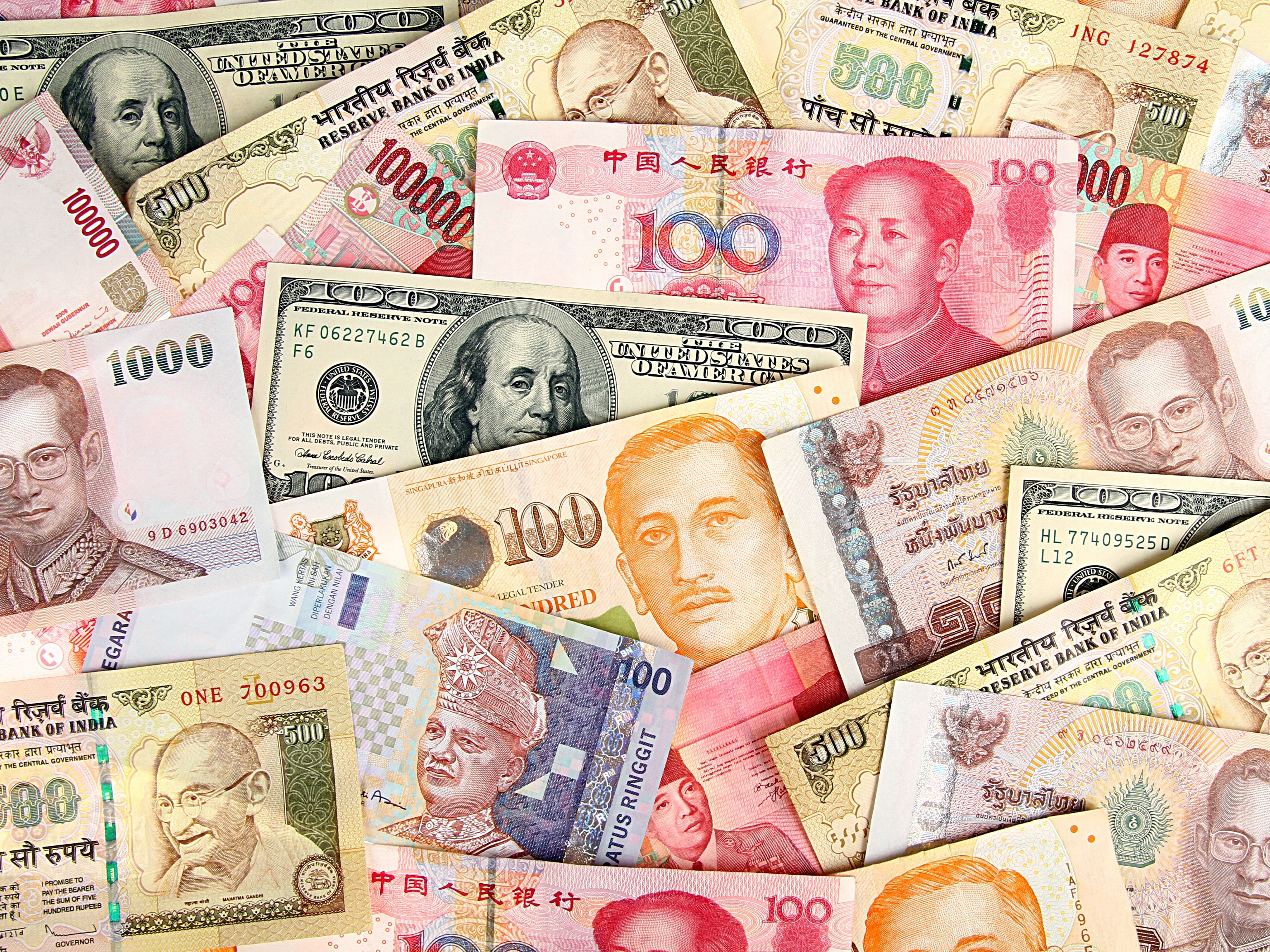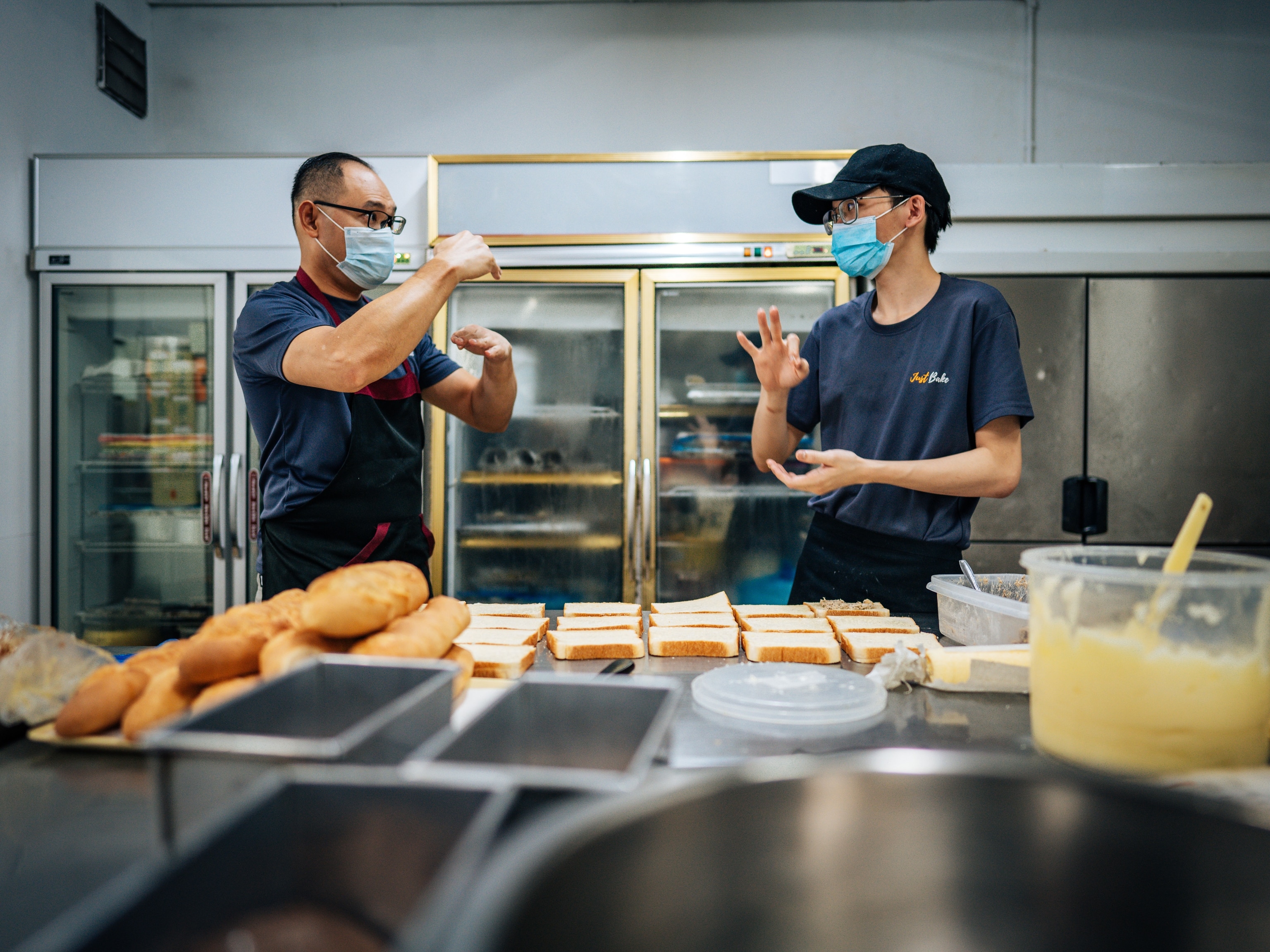
How gig work improves livelihood prospects for millions in Southeast Asia
Tech companies are helping the region’s informal workers find more earning opportunities while also providing them with extra protection.
For millions in Southeast Asia, work isn’t a 9-5 job with regular salaries and company benefits like insurance and pensions, as more than half of the workforce in most countries in the region are engaged in informal work. For some countries, like Cambodia, the numbers are staggering, with 94% of their workers belonging to the informal sector. This number hovers at around 80% in Myanmar and 64% in Thailand.
These workers typically don’t have steady jobs: they don’t receive workplace protection nor regular pay. Their day-to-day is a constant search for work, a task which has become more difficult because of lockdowns initiated during the pandemic. This has encouraged more informal workers to look for other opportunities to learn a living, such as gig work.

The gig economy helps informal workers improve their earning opportunities
Technology is helping people from all backgrounds, including informal workers. Superapps are easy to use by design, making it simpler for anyone to join its platforms with only a smartphone.
This ease of access, coupled with an increased demand for online delivery services, gives informal workers additional opportunities to earn a living through gig work found on superapps as a driver or food or grocery delivery partner.
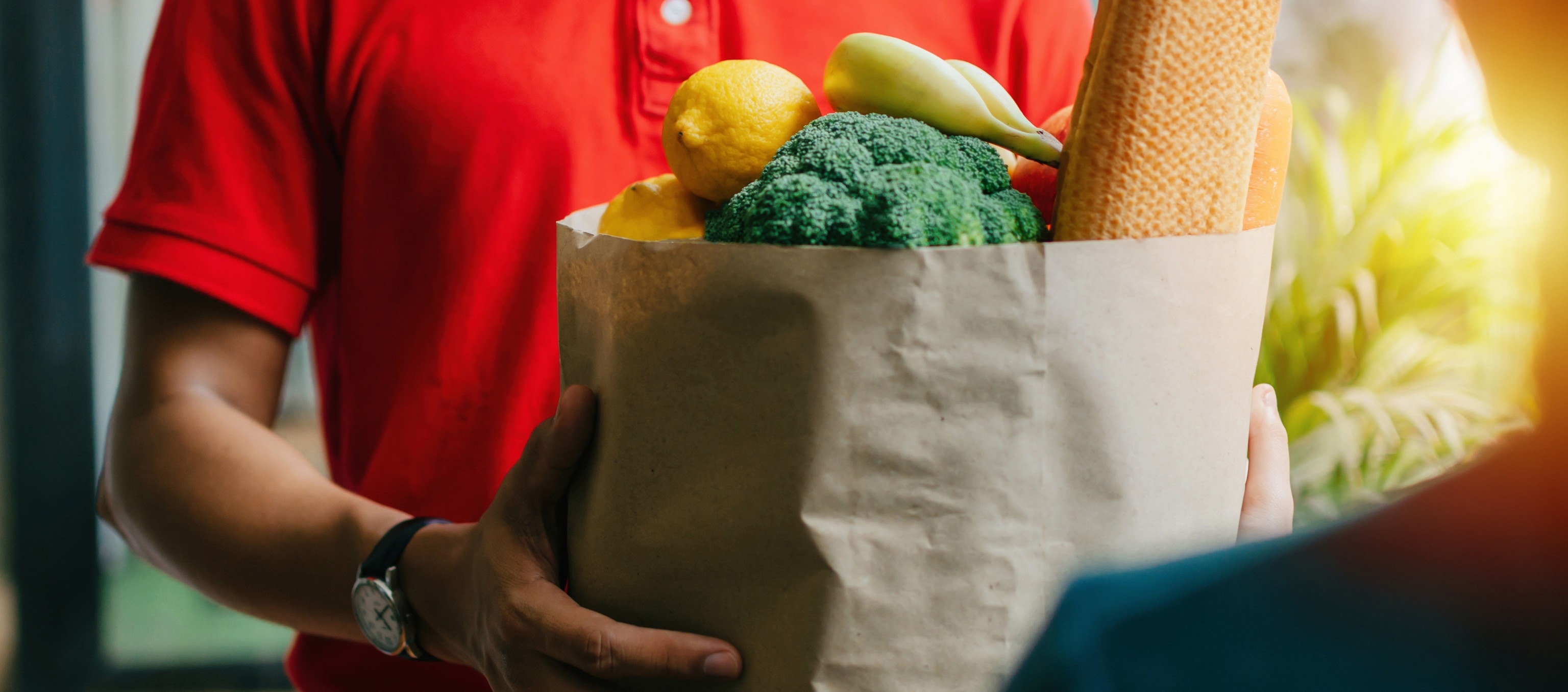
Unlike traditional informal workers, these gig workers enjoy benefits such as flexibility of deciding when they want to work, as well as access to a safer working environment to help them earn daily with extra peace of mind.
For instance, technology companies like Grab offer their driver-partners numerous features and initiatives that focus on driver safety.
In particular, driver-partners are provided with a safety toolkit within the app that allows them to report incidents and call for emergency services. This system also contacts their loved ones if they are in trouble, ensuring that their families are aware if something happens.
Grab driver-partners are also covered by personal accident insurance in case they meet with accidents while completing a trip. Insurance coverage is especially crucial in Southeast Asia. At time of publication, healthcare expenditure has forced up to 65 million people in the region into poverty.
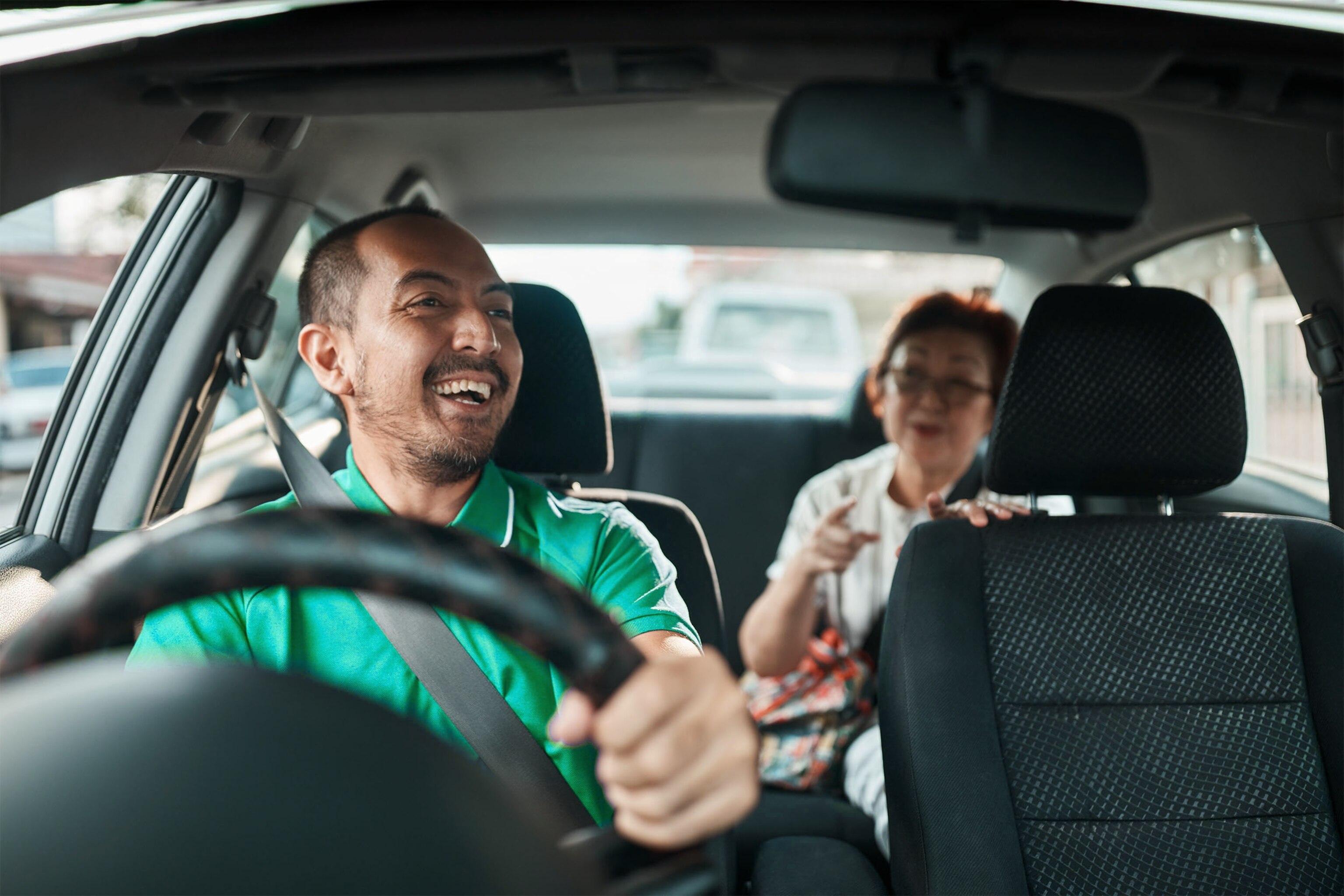

In addition, Grab driver-partners also have access to training that allows them to develop professionally thanks to programs created in partnership with local governments and industry leading companies.
These training programs are delivered through the superapp platform or in-person, and cover areas like digital literacy, technical upskilling, and financial literacy. This training and upskilling aims to help Grab driver-partners with their overall life skills, to improve livelihood and job prospects, manage their money, and lead more fulfilling lives.
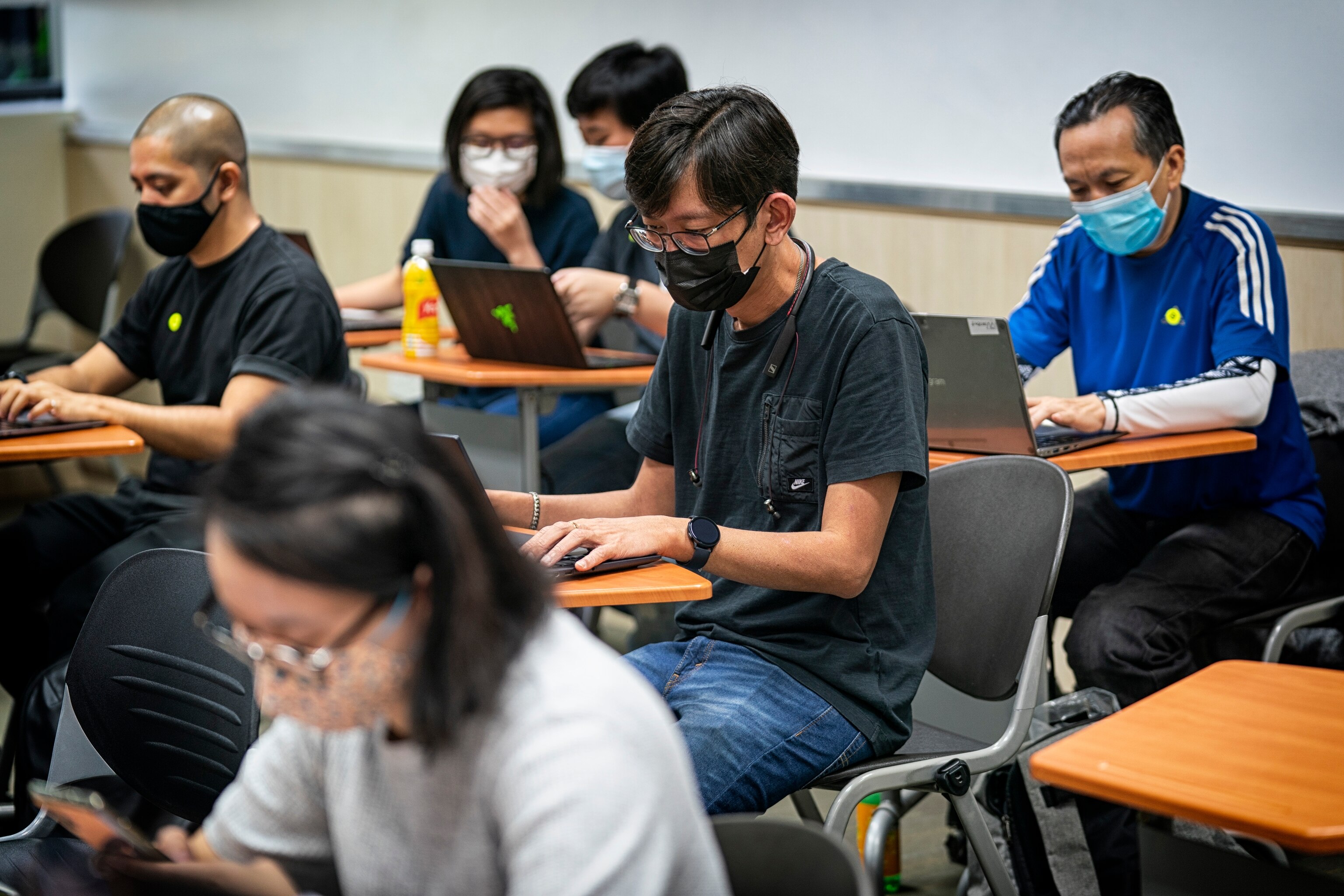
What the future holds
The rise of the gig economy has been a positive development for informal workers because it provides them with the chance to transition into safer and more stable livelihoods. The ability to earn while having access to insurance and other forms of support is a big step up from the uncertainty that many of them have been used to in the past.
Thanks to technology, millions around Southeast Asia have been able to maintain their access to earning opportunities during the pandemic. For many of these workers, the path to better opportunities was opened by a superapp on their smartphones.

